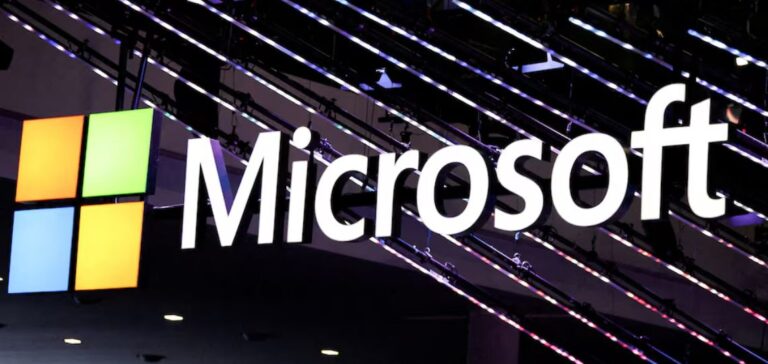The agreement signed by Canadian company Brookfield Asset Management and Microsoft includes the creation of 10.5 gigawatts of renewable energy capacity for the period 2026 to 2030. This agreement focuses on markets in Europe and the United States, with an option to extend to Asia-Pacific, India and Latin America.
Expected impact and strategy
This energy development initiative aims to meet Microsoft’s electricity consumption needs, with a target of zero carbon emissions by 2030. It is structured to reinforce the energy infrastructure required for Microsoft’s cloud services and growing need for clean energy.
Perspectives and technologies
In addition to wind and solar power, the agreement envisages the development of new or high-impact technologies for carbon-free energy production. This strategic direction is designed to diversify renewable energy sources and optimize their integration into global energy networks.
Key players and their roles
Connor Teskey, CEO of Brookfield Renewable, and Adrian Anderson, General Manager of Renewable Energy at Microsoft, play central roles in the implementation of this agreement. Their collaboration underlines a shared ambition to significantly reduce carbon emissions while expanding access to renewable energy.
Background and economic implications
The agreement could influence global energy markets by increasing the supply of renewable capacity. This is particularly relevant for clean energy-demanding sectors such as cloud services, which are seeing their energy consumption grow rapidly as a result of digitization and the increased adoption of artificial intelligence.
The agreement between Brookfield and Microsoft heralds a significant expansion of renewable energy capacity, aligned with the goals of sustainable development and responsible consumption.






















